Lately I have been asking people who are pastors and church planters – “Why do we gather? As a body and a people, why do we get together?”
I get various answers, from building relationship and encouraging one another, to conversations about the corporate witness that happens when we demonstrate love for one another in public settings.
People often quote Hebrews 10:24-25 “And let us consider how we may spur one another on toward love and good deeds, not giving up meeting together, as some are in the habit of doing, but encouraging one another—and all the more as you see the Day approaching. (NLT)
While this may be the answers from the pastors of the church planters, it is rarely the answer from a church goer or a church neglector. From them I get resonance with the question, like it has been stirring in the back of their mind but had not yet found words. They shyly confess other questions like, “Why do I need to be with these people? Why can’t I love and pray for them from afar, out of reach of their judgment and condemnation? Why can’t it just be me and God?”
Historically, the cultural reasons we gather for services have been around governmental mandates, literacy in general, biblical literacy in particular, and most recently, social norms. In the organizational research world, this is called the value proposition. A value proposition is the reason “why” and organization exists and the benefit it provides.
All of these historically cultural value propositions for why we gather as a church body lose their efficacy in the digital age. One can experience amazing worship leaders and profound sermons on YouTube. People who have a better preaching gift than most are instantly accessible. One never has to leave home or deal with other Christians if they don’t want to.
To be clear, I am an avid proponent of gathering. But I do believe that the church needs to offer a new reason to society and culture on why we are called to gather. We need to communicate a new value proposition for church and narrative on why we choose to gather.
Beyond the ones commonly offered, as a learning expert, I would like to add a couple more to the mix.
To learn what we don’t know
The brain is an interesting thing. It hears new information through our pre-existing understanding of things. We literally do not see and do not hear things that are not already contained in our current paradigm. You need other people to help you experience transformation and the renewing of you mind. You cannot do it on your own. When we learn by ourselves, we only experience knowledge accumulation, not transformation.
Additionally, only another person can help you articulate what you almost know. We need others to help pull out of us what we understand about God, but can’t put words to. The preacher of a sermon or the writer of a book may help you do that, but it will happen more consistently and more holistically if you are learning in community.
To experience the prophetic anointing of someone else’s testimony
Revelation 12:11 “They triumphed over him (the accuser) by the blood of the Lamb and by the word of their testimony; they did not love their lives so much as to shrink from death.” I believe there is great power in hearing another person’s testimony. In the brain, it activates our autobiographical memory, which is our own story and our own identity. This means that we can literally learn from another person’s story and it has the power in the brain to change our own story. To a large degree, this is how empathy and compassion work.
In the spiritual, I believe it has the power of prophecy, helping us learn things we may never experience ourselves. We can gain in the spirit from someone else’s wisdom and sacrifice. We can all work together to experience a greater fullness of the promises of God (Hebrews 11:39).
If the God-head is found in community (Father, Son, Holy Spirit)
The God-head does not live or operate alone. Nor do God, Jesus, or Holy Spirit operate independently of one another. They are community. They exist always and for all eternity in a state of community. Humans, being made in the image of God, are created for community as well. We are not created for isolation or rejection, but community, acceptance, and belonging. And if the God-head who rules the universe moves and finds it being in community, how much more do we need it?
John 17: 20-23 “My prayer is not for them alone. I pray also for those who will believe in me through their message, that all of them may be one, Father, just as you are in me and I am in you. May they also be in us so that the world may believe that you have sent me. I have given them the glory that you gave me, that they may be one as we are one— I in them and you in me—so that they may be brought to complete unity. Then the world will know that you sent me and have loved them even as you have loved me
Basically, we don’t go to church to hear sermons or participate in a social exercise. We go because we can’t do this life on our own. We were not meant to live life in Christ individualistically. We need one another is so many, many ways. As the church, we need to speak to the heart ache of this age: that in our technological over-connectedness and crippling isolation, we need to gather together more desperately than ever.


Recent Comments